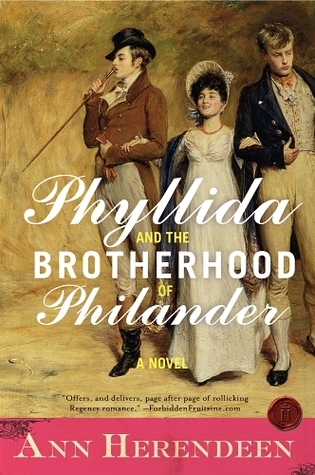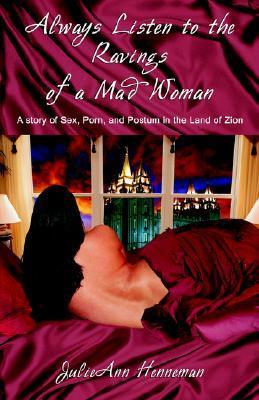I call them my imaginary friends. When I talk about these people, my husband usually doesn’t know if I’m talking about someone real or not. Occasionally, he doesn’t dare ask because he knows he should know if they are or not. I’d like him to be as invested in them as I am, but that’s not possible. And while he really doesn’t understand, he helps me hammer out details of their motivations and consequences.
I don’t write about them because I want to; I write about them because I must. I am compelled. I don’t think you’ll find another writer anywhere who won’t tell you he’s compelled to write.

 Backstory: LDS fiction (aka Mormon fiction) is analogous to, say, what
Backstory: LDS fiction (aka Mormon fiction) is analogous to, say, what 
